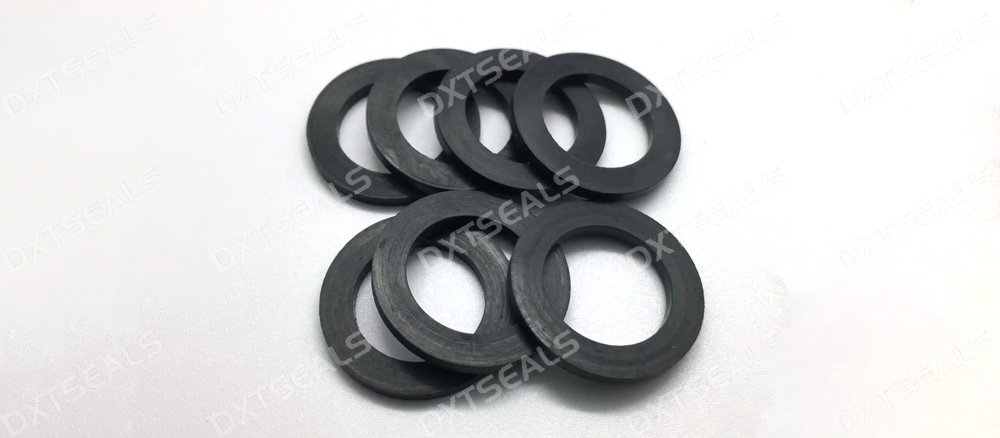
Rubber gaskets are essential components in industrial environments, providing reliable sealing solutions for various applications. Choosing the right gasket is critical to ensure optimal performance, durability, and safety. This article provides an in-depth guide to selecting the best rubber gasket for industrial use, covering key features, material options, and application considerations.
Why Rubber Gaskets Matter in Industrial Settings
Rubber gaskets play a crucial role in sealing and protecting industrial equipment. They prevent leaks, withstand extreme conditions, and ensure efficient operation in systems such as pipelines, machinery, and chemical processes.
Key Factors to Consider When Choosing a Rubber Gasket
-
Material Compatibility
- Ensure the gasket material is compatible with the fluids, gases, or chemicals it will contact.
- Common materials include NBR, EPDM, silicone, and Viton®.
-
Temperature Resistance
- Select gaskets that can tolerate the operating temperature range of your system.
- For high-temperature environments, silicone or Viton® is ideal.
-
Pressure Tolerance
- High-pressure systems require robust gaskets to maintain sealing integrity.
- Consider reinforced rubber gaskets for such applications.
-
Environmental Conditions
- Evaluate exposure to UV, ozone, and weathering.
- EPDM is excellent for outdoor or weather-resistant applications.
-
Application Specificity
- Choose gaskets designed for the specific use case, such as flanges, pumps, or heat exchangers.
Popular Rubber Gasket Materials
-
Nitrile Rubber (NBR)
- Ideal for oil and fuel resistance.
- Commonly used in automotive and petroleum industries.
-
EPDM
- Excellent for water, steam, and weather resistance.
- Preferred in HVAC and outdoor applications.
-
Silicone
- Withstands extreme temperatures and provides flexibility.
- Common in food processing and pharmaceutical industries.
-
Viton® (FKM)
- Resistant to chemicals, high temperatures, and pressure.
- Suited for chemical processing and aerospace applications.
Applications of Rubber Gaskets in Industrial Environments
-
Oil & Gas Industry
- Used in pipelines and refineries to prevent fluid leaks.
-
Automotive Sector
- Critical for sealing engines, transmissions, and fuel systems.
-
Chemical Processing
- Resistant to corrosive chemicals in reactors and storage tanks.
-
Food & Beverage Industry
- Ensures hygienic sealing in processing equipment.
-
HVAC Systems
- Provides efficient sealing for air ducts and water systems.
Tips for Maintaining Rubber Gaskets
- Regularly inspect for wear, cracks, or deformation.
- Ensure proper installation to prevent leaks.
- Replace gaskets at recommended intervals to maintain efficiency.
Conclusion
Choosing the right rubber gasket for industrial environments involves understanding material properties, application requirements, and environmental conditions. By selecting a gasket that matches your specific needs, you can ensure optimal performance, durability, and safety.
